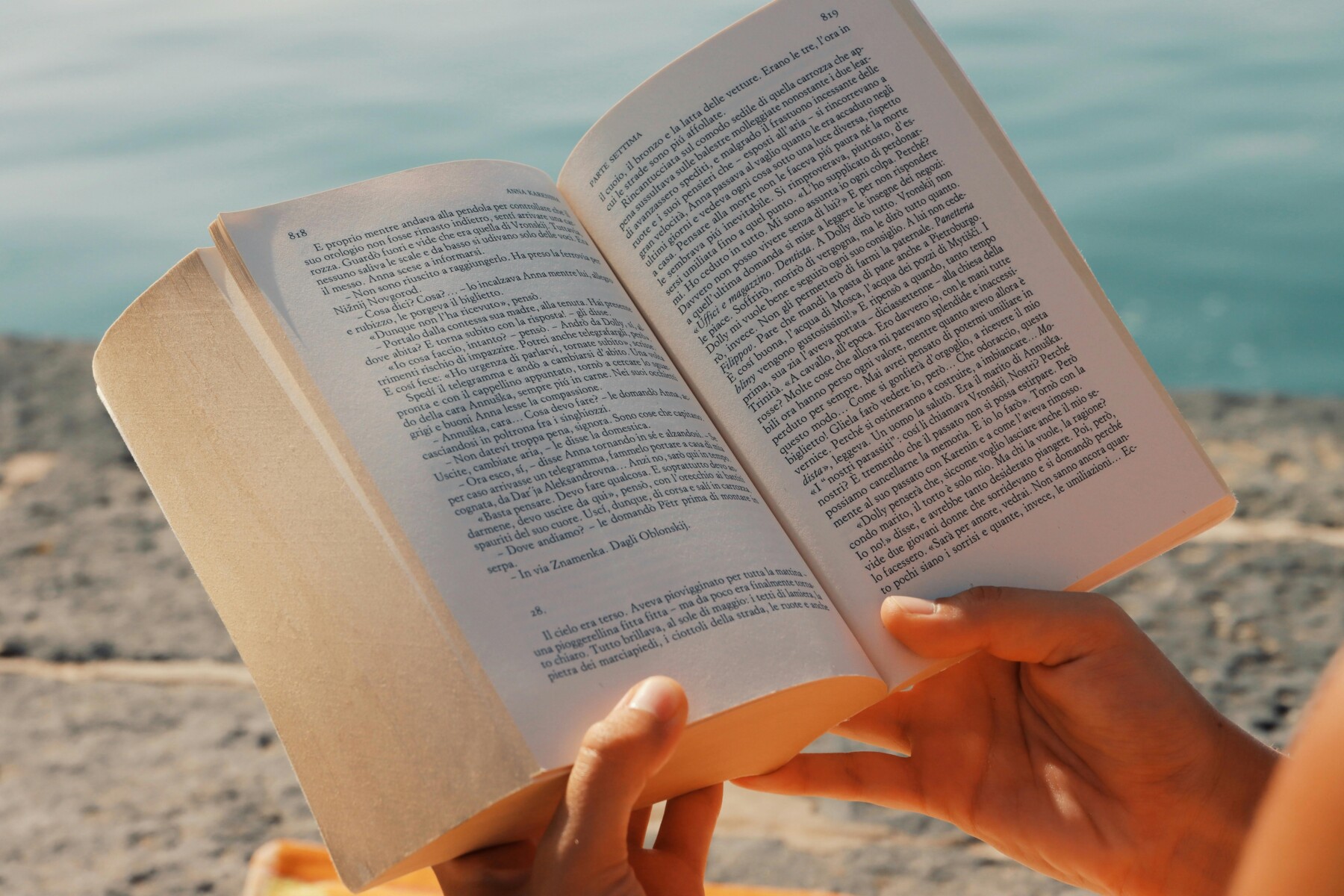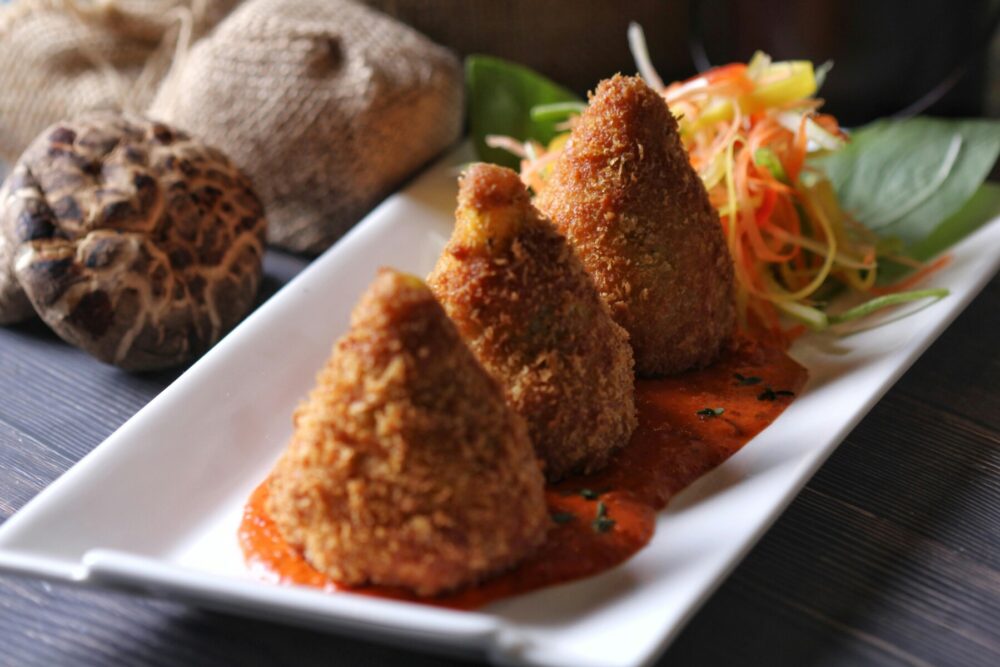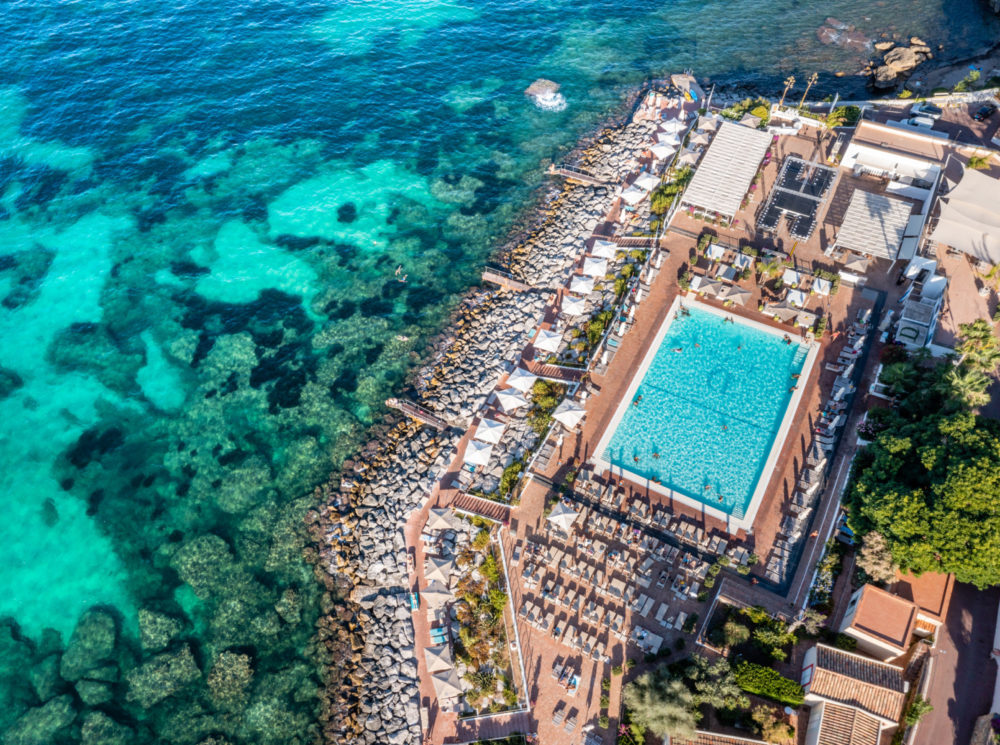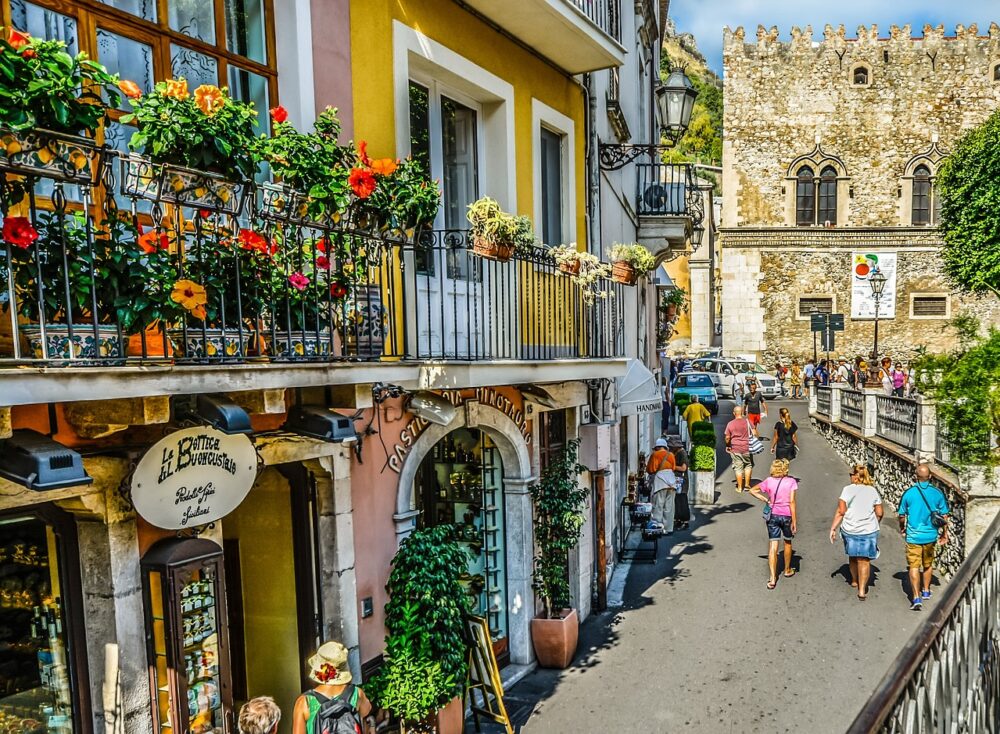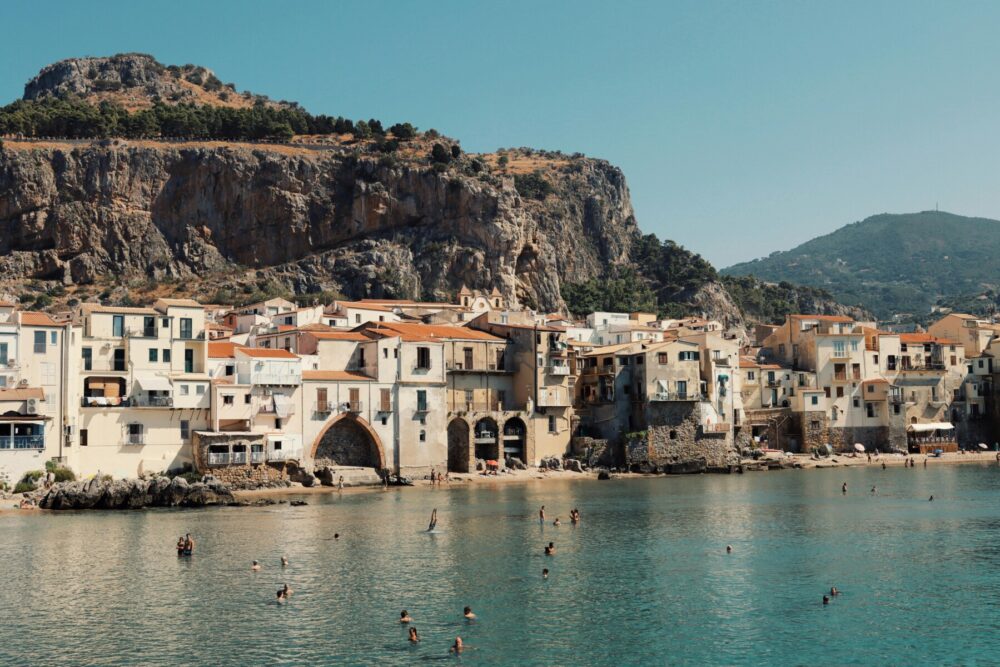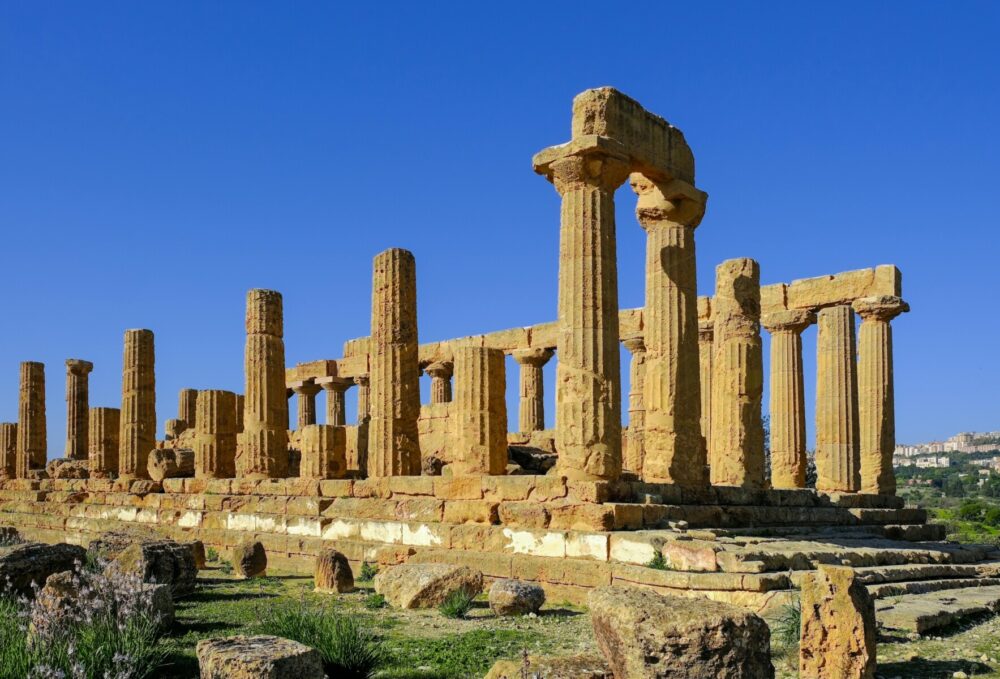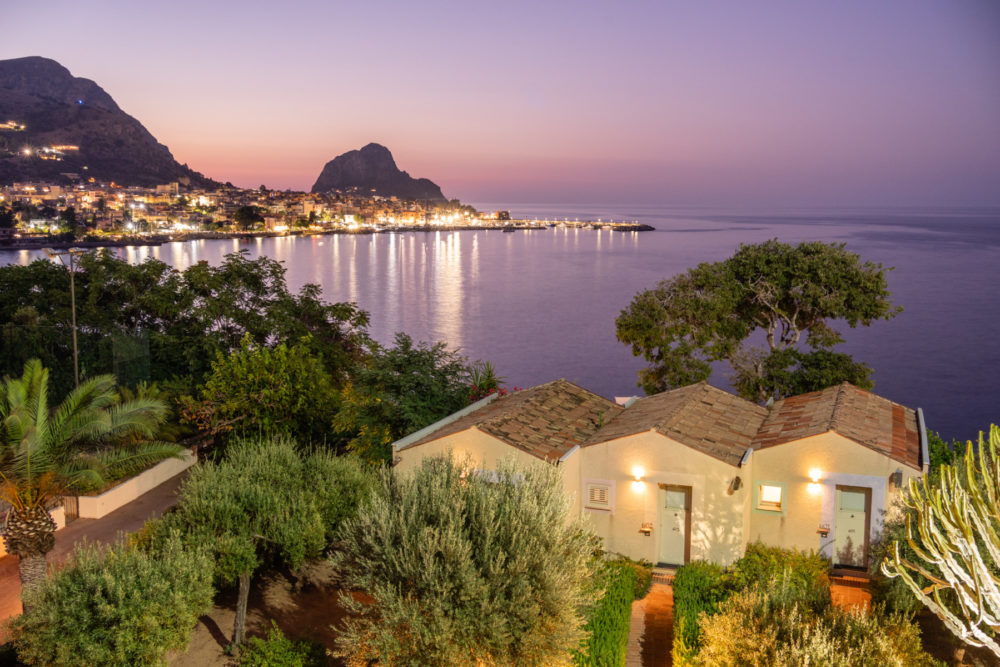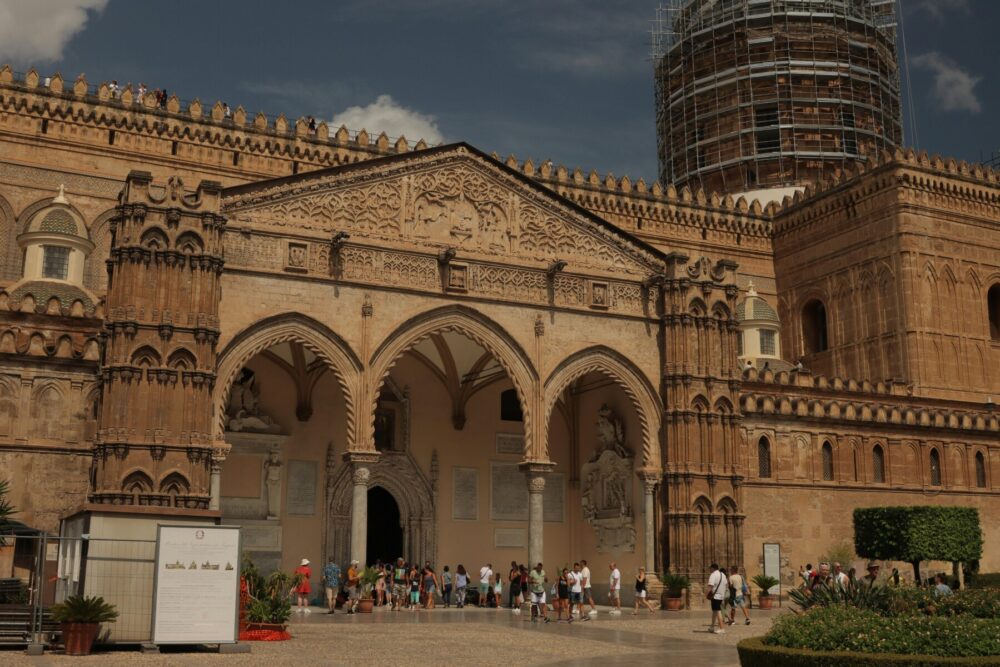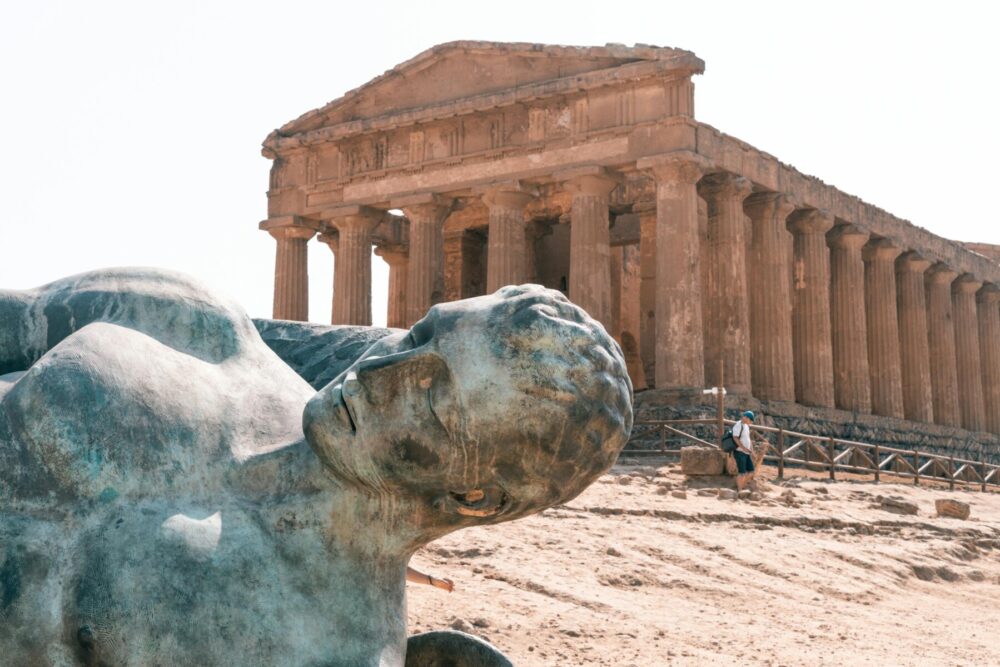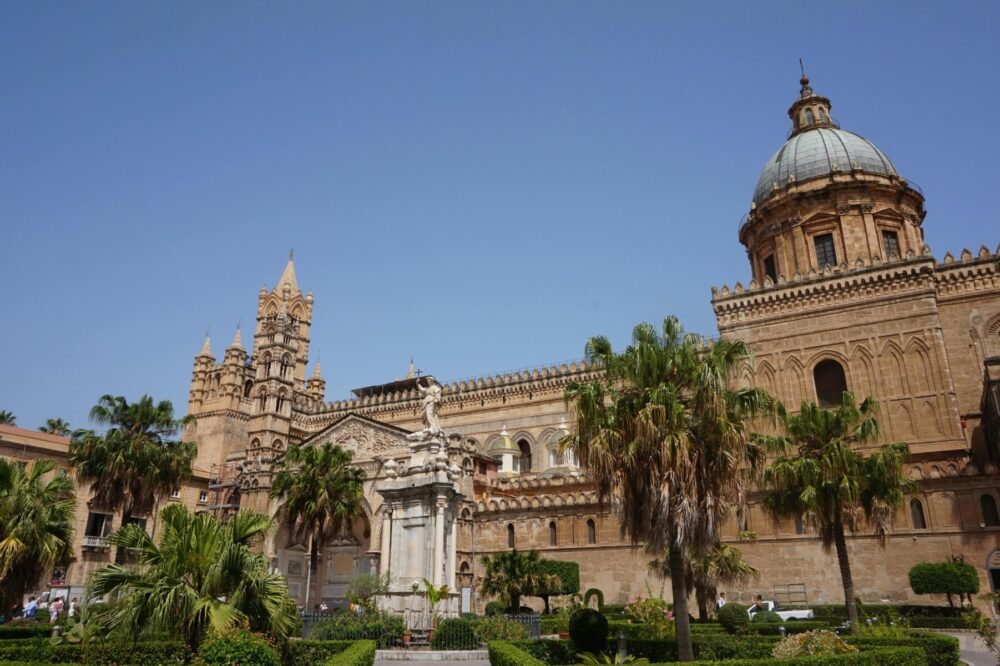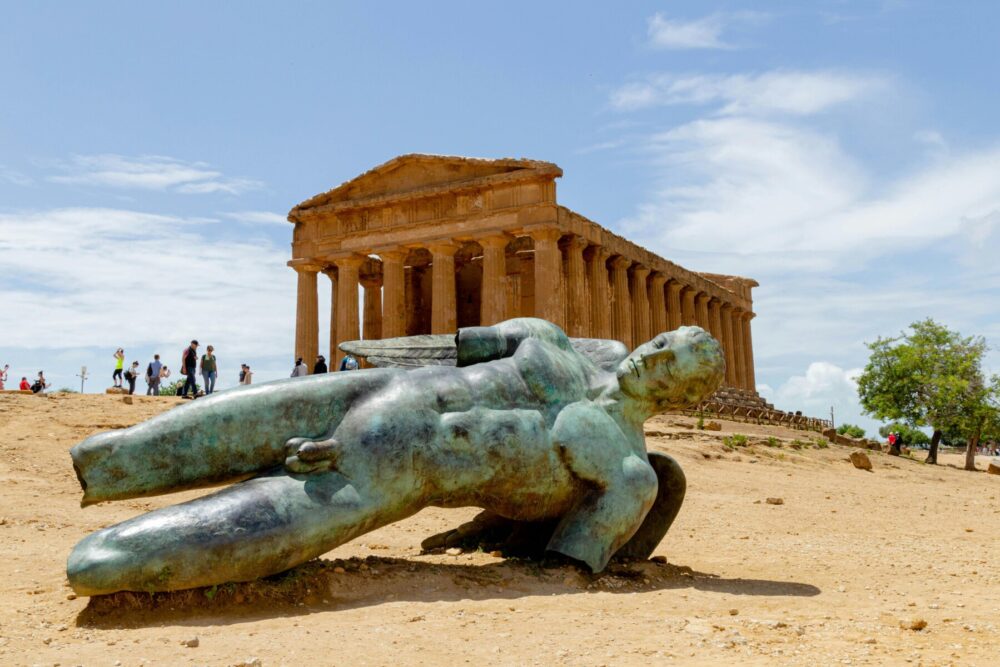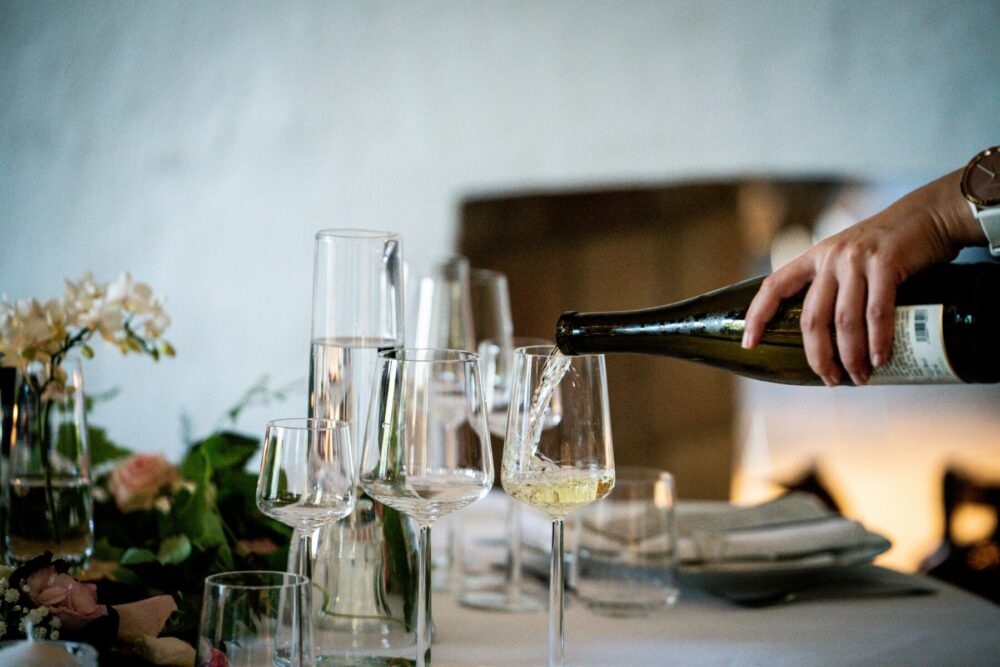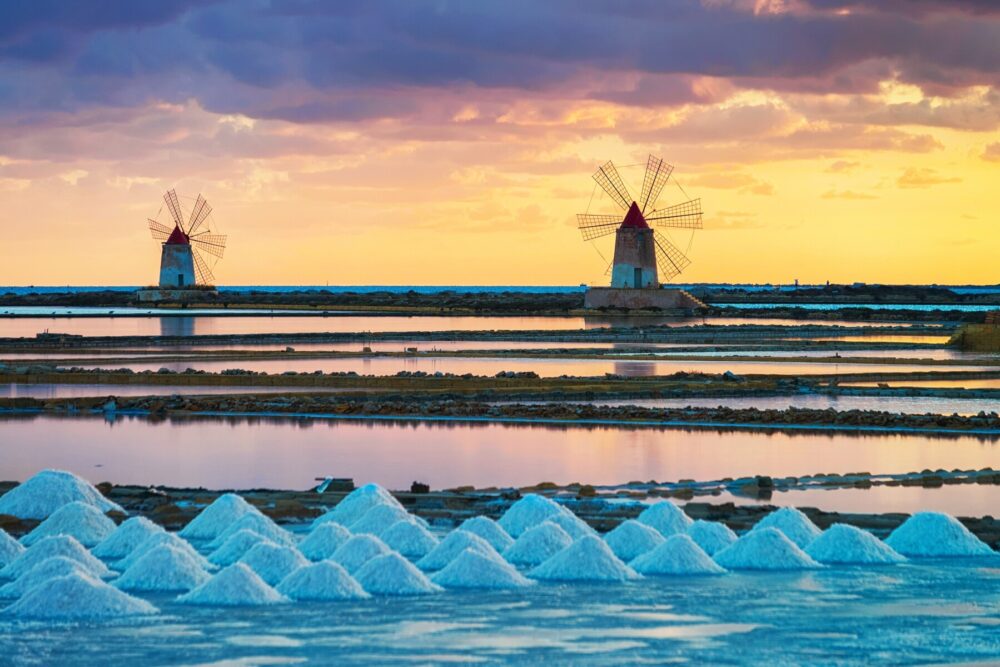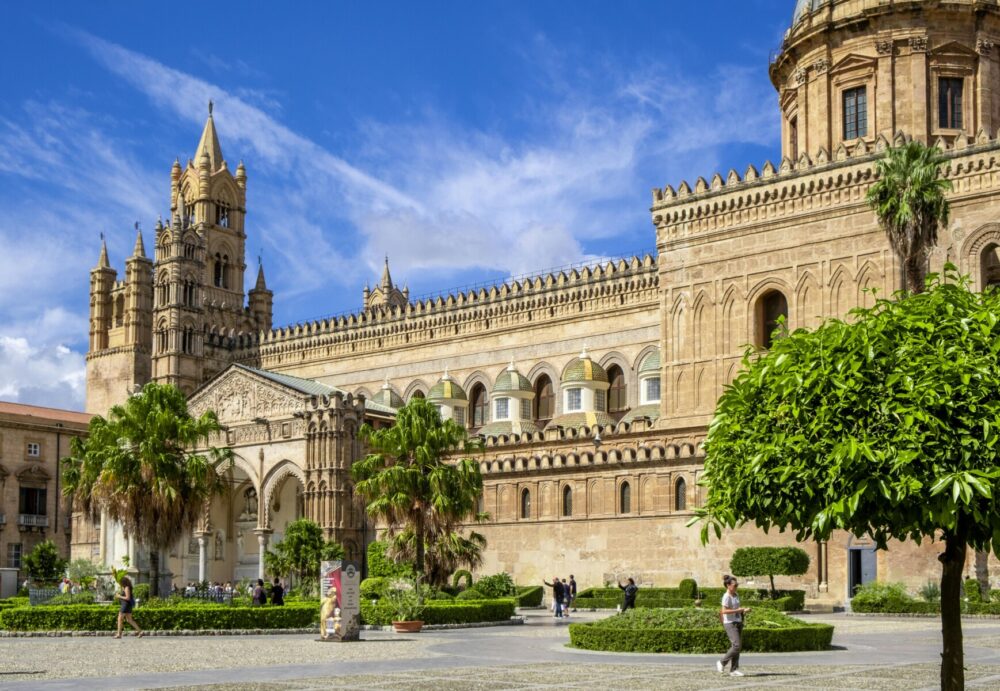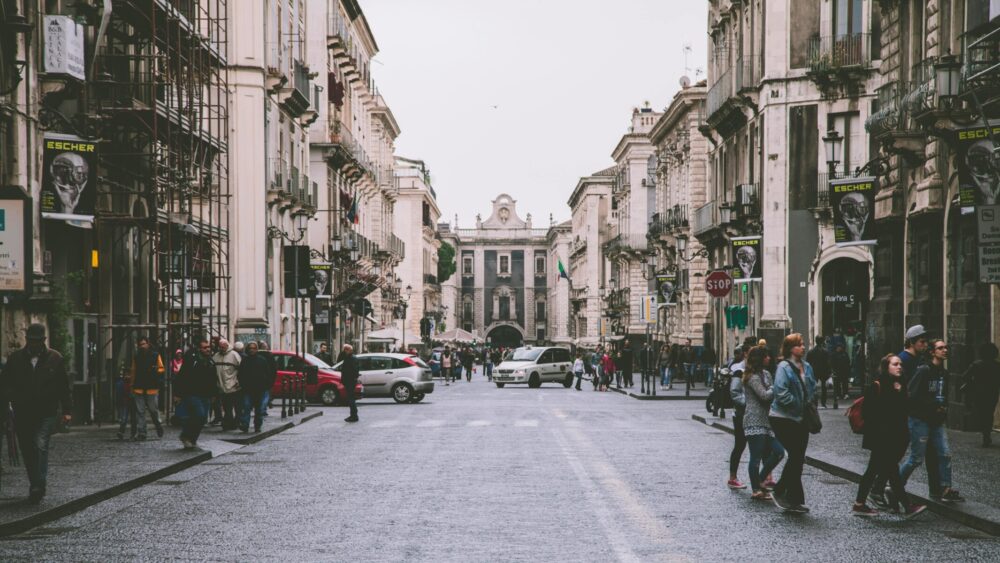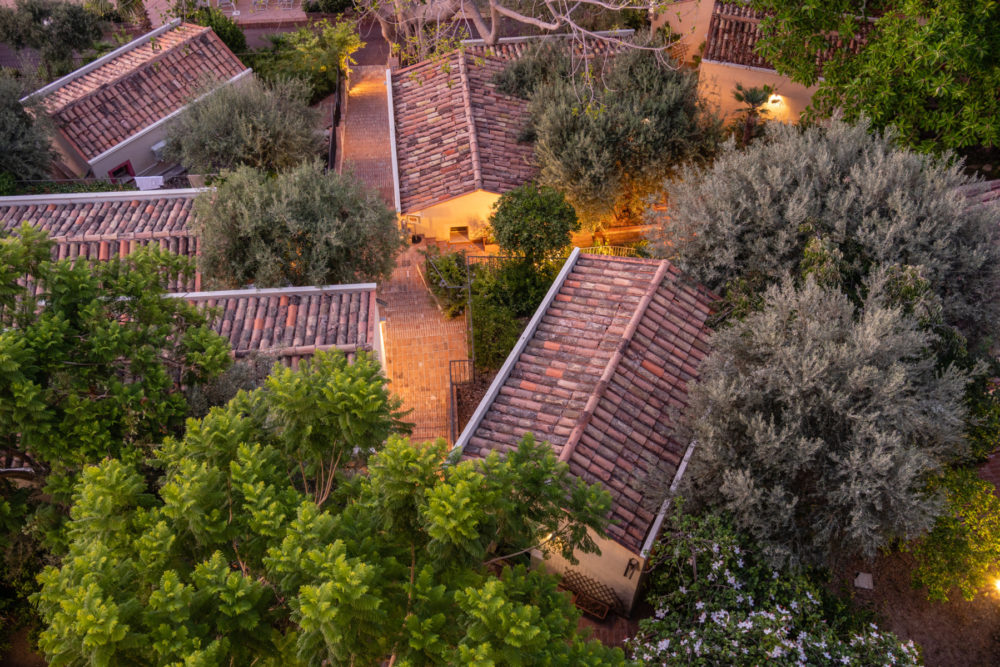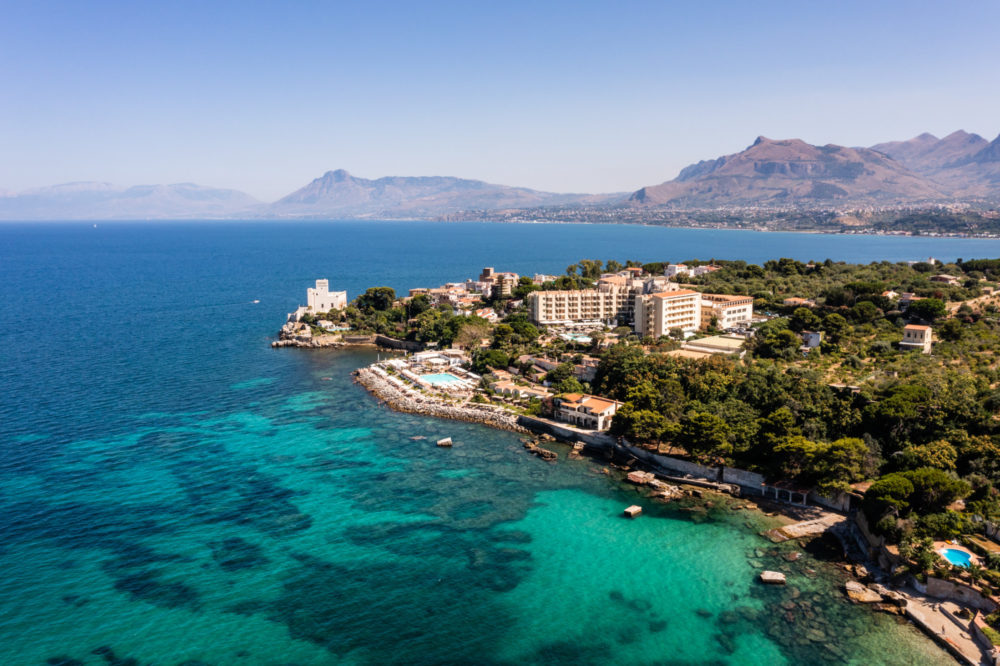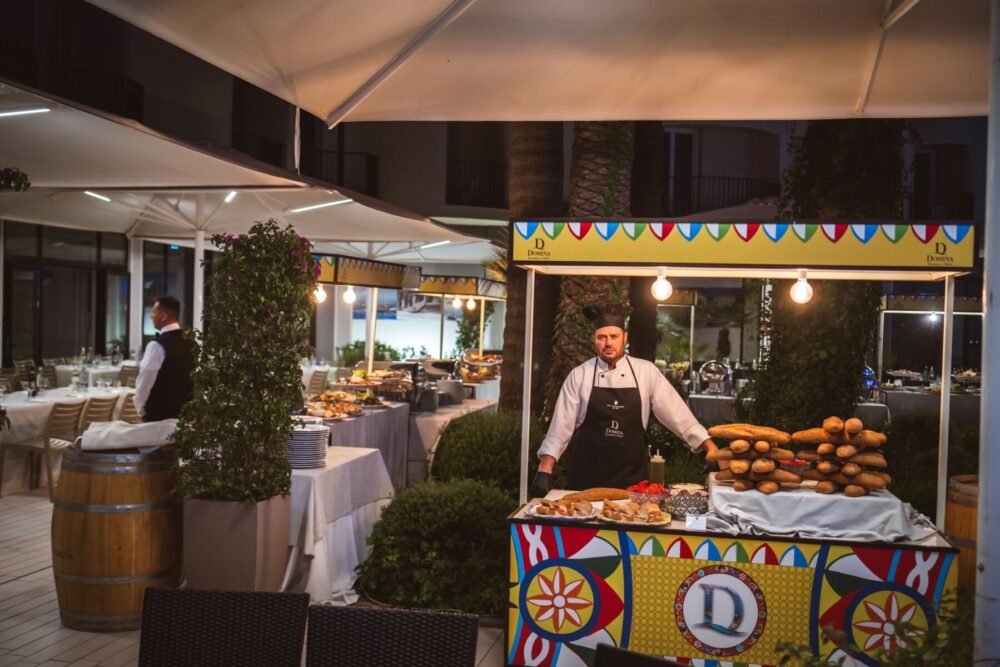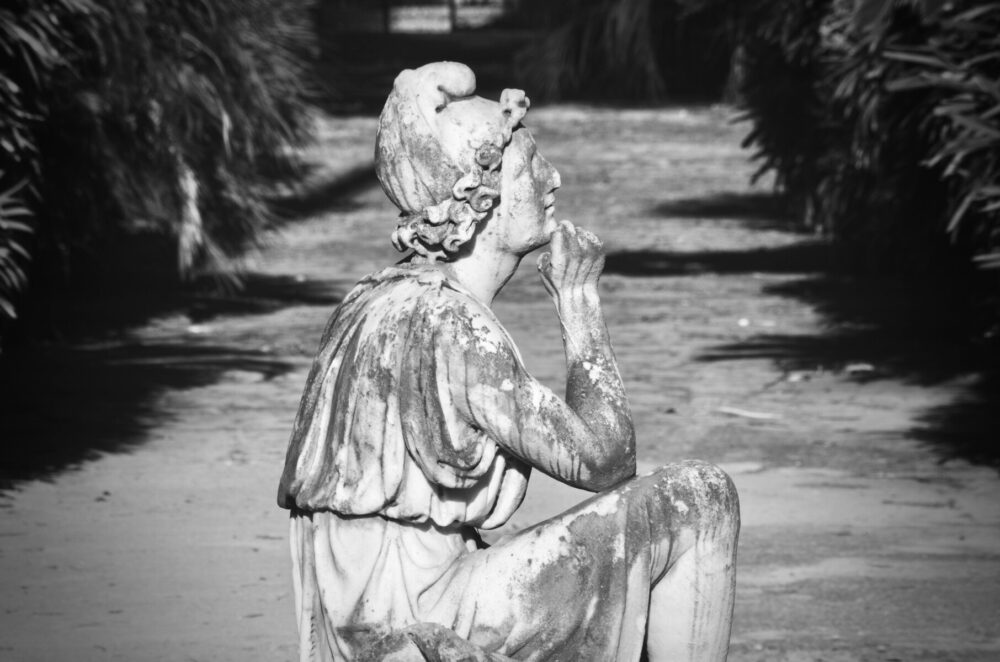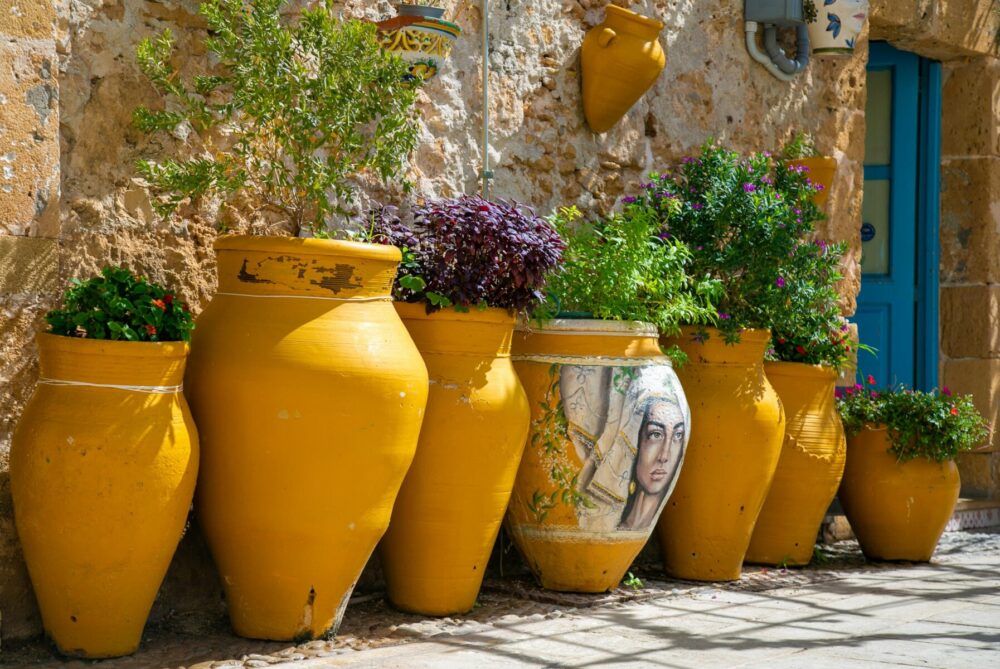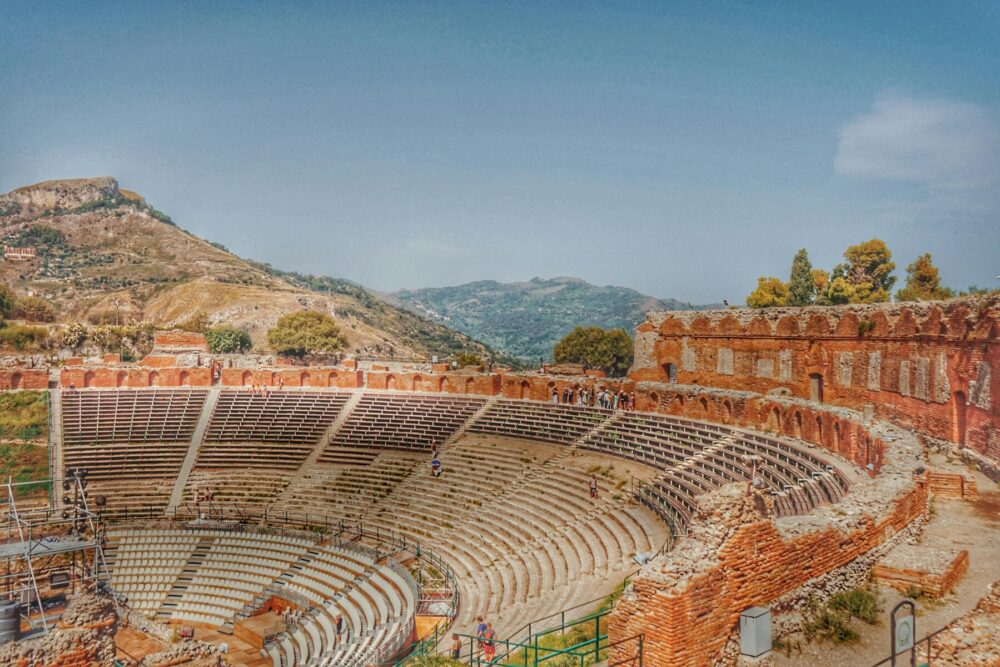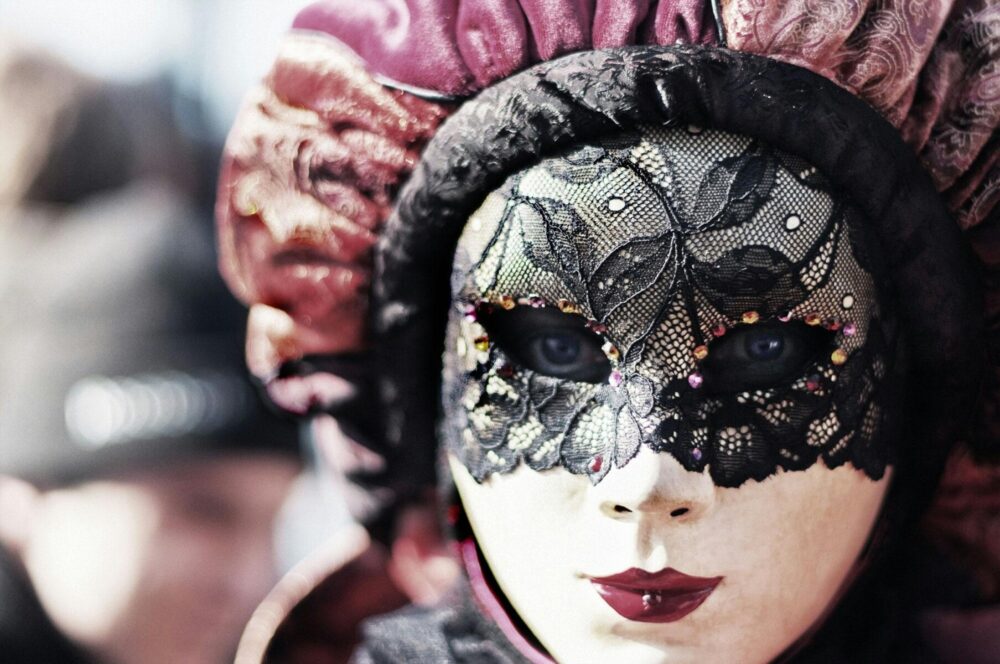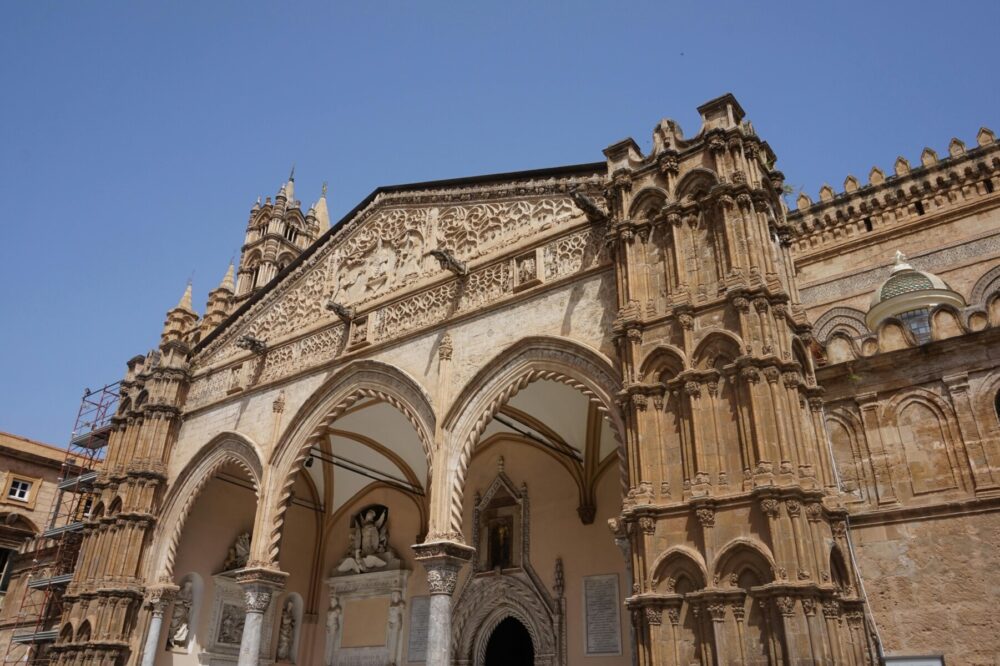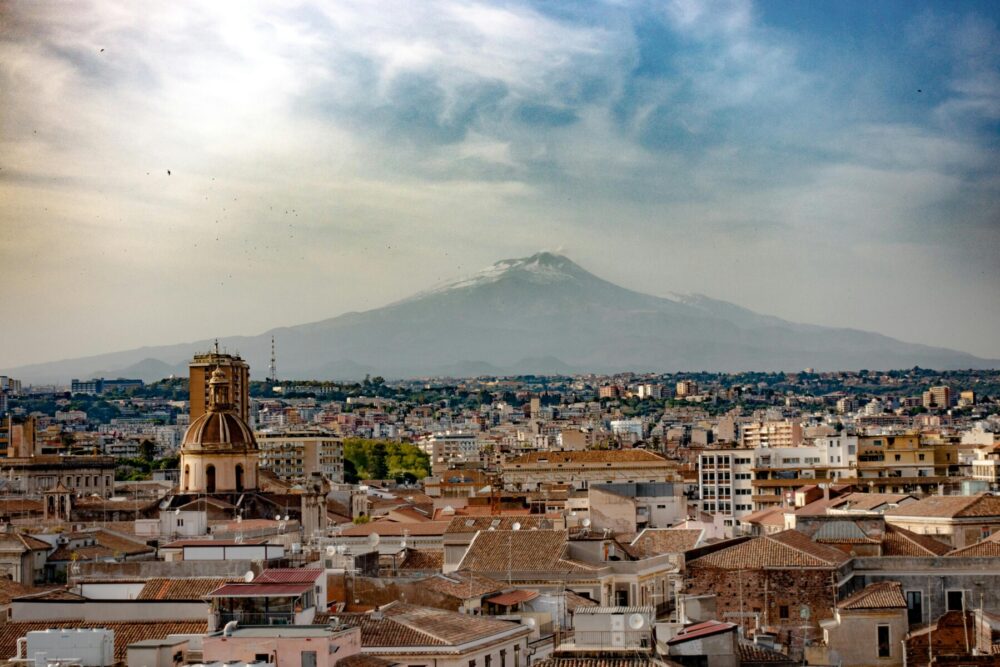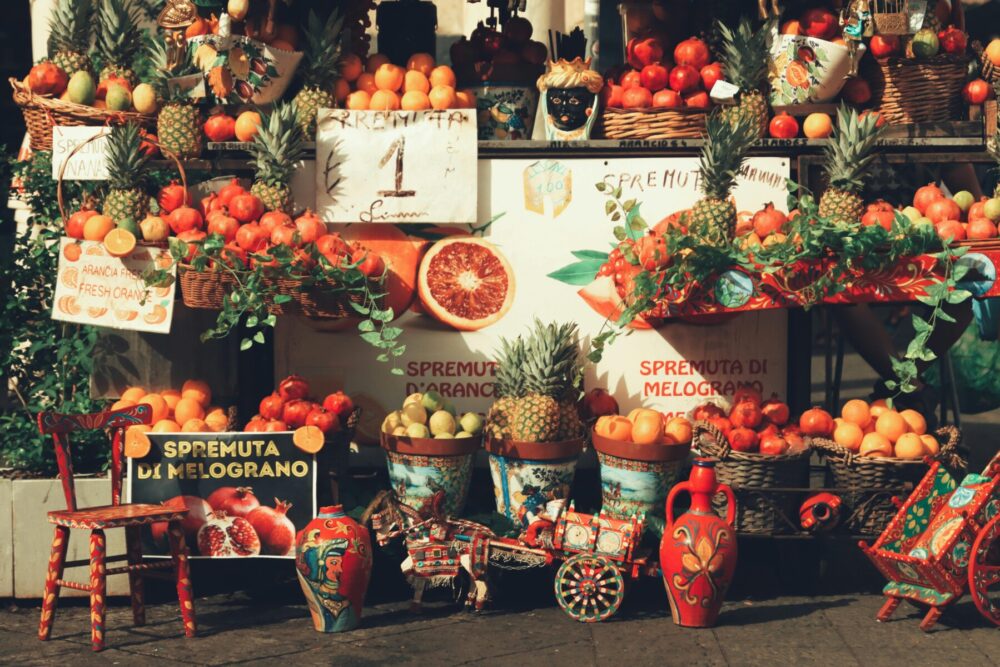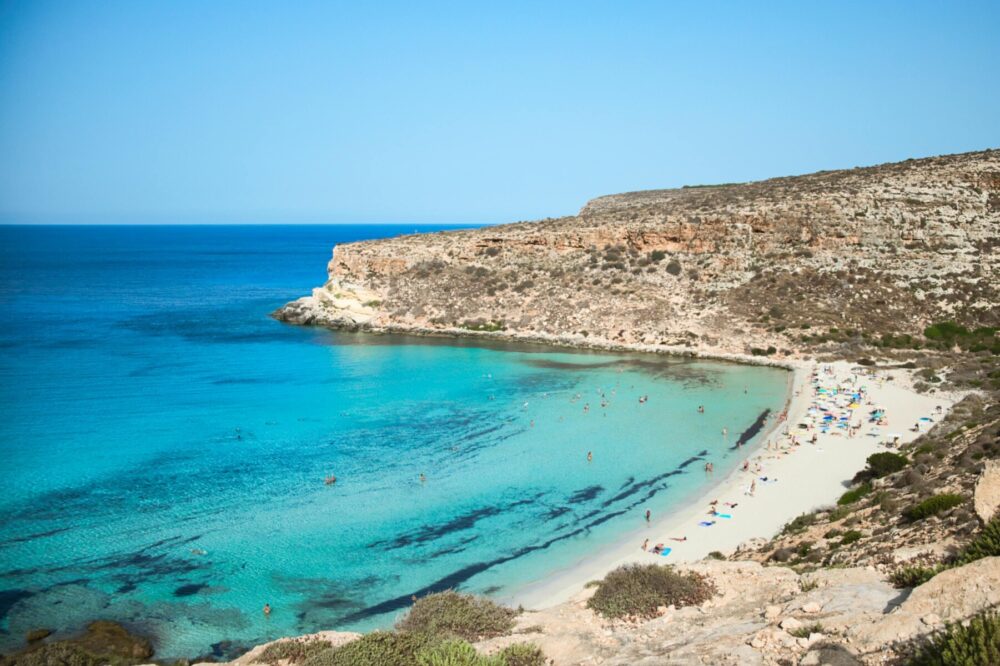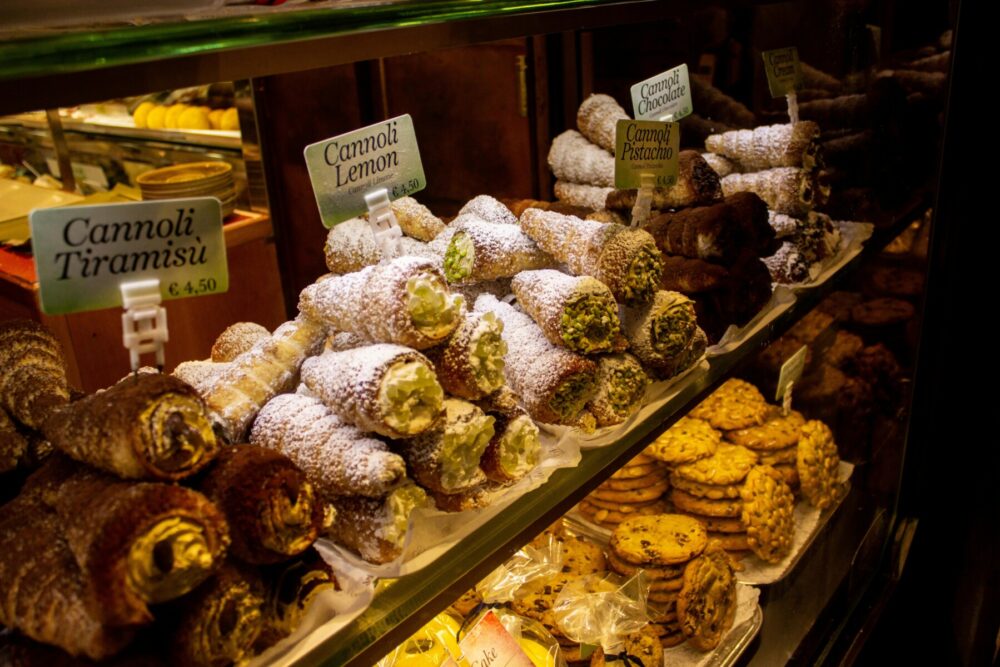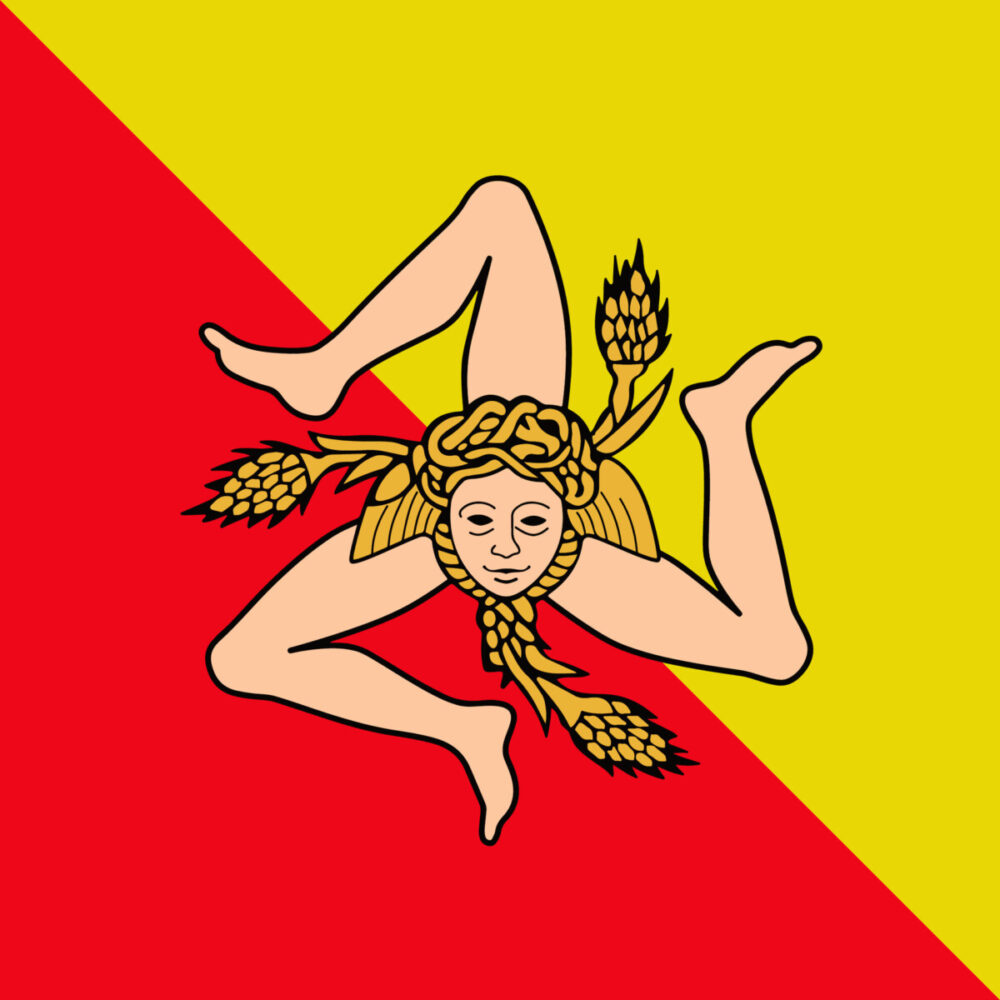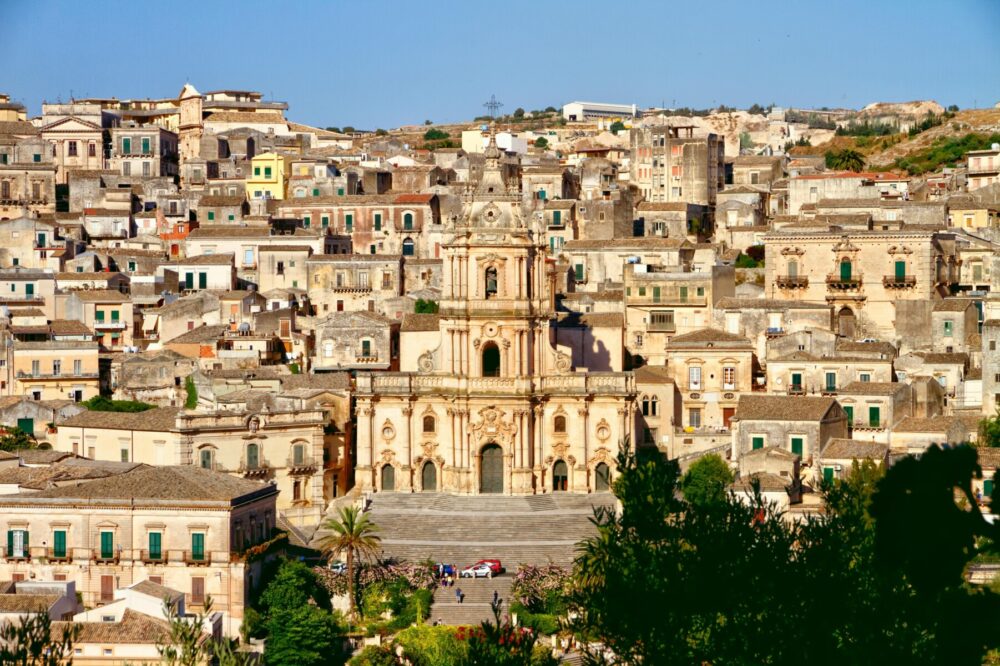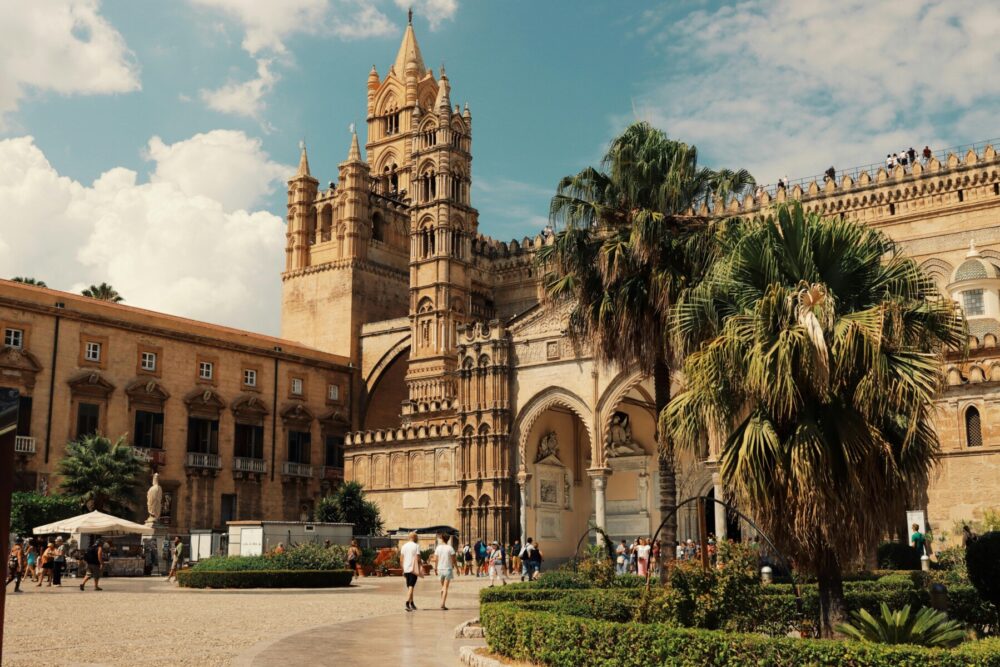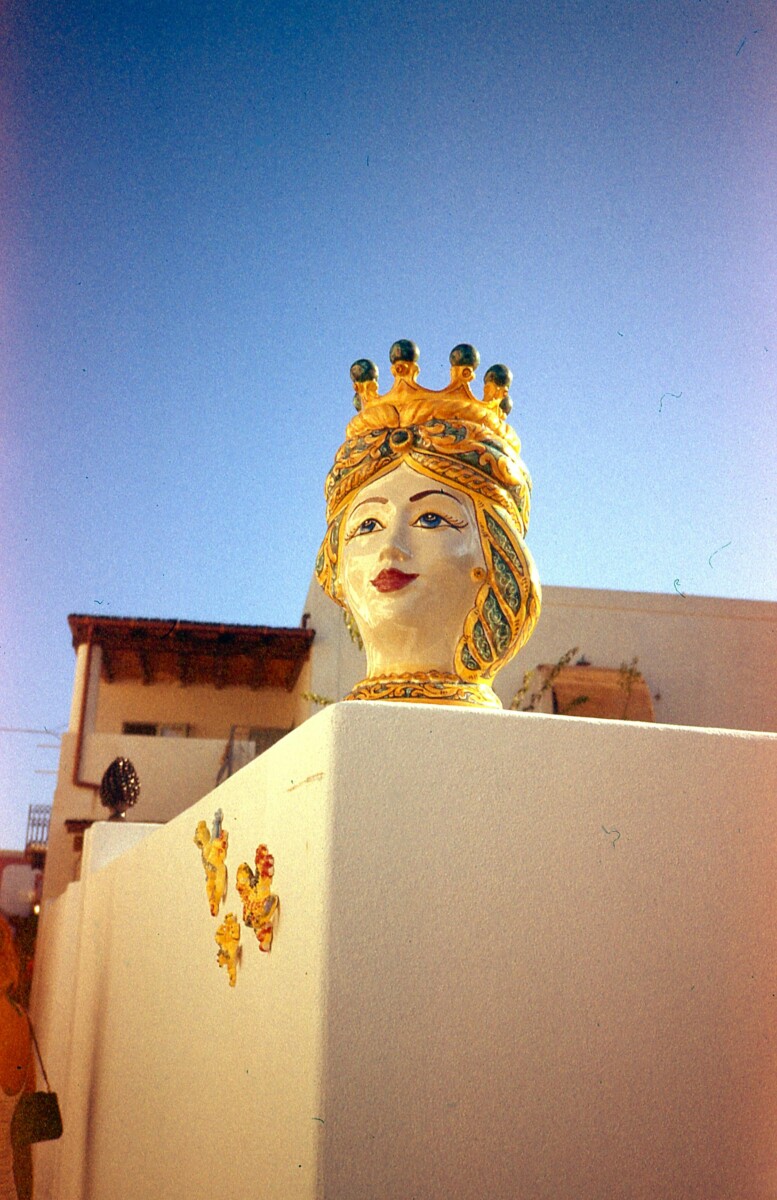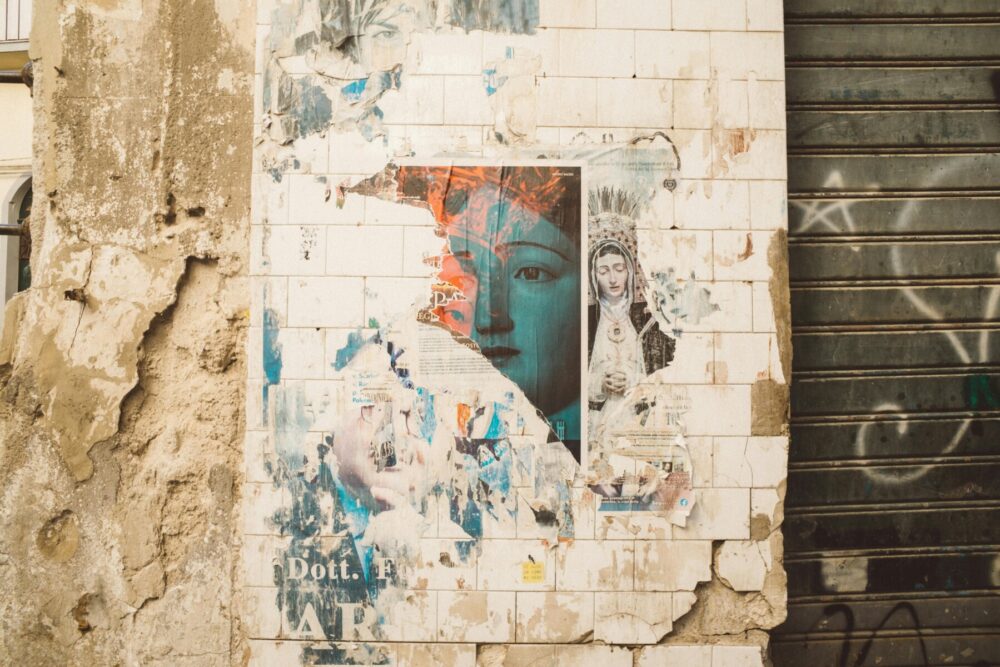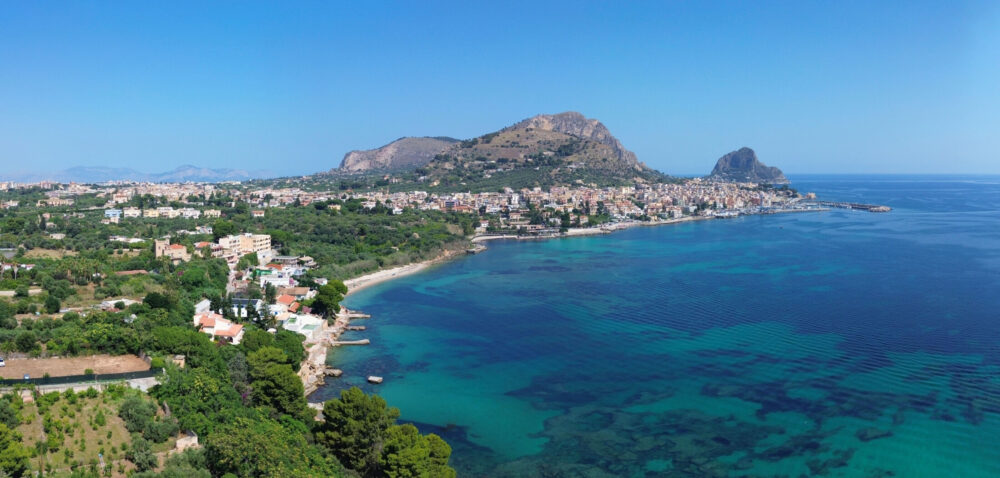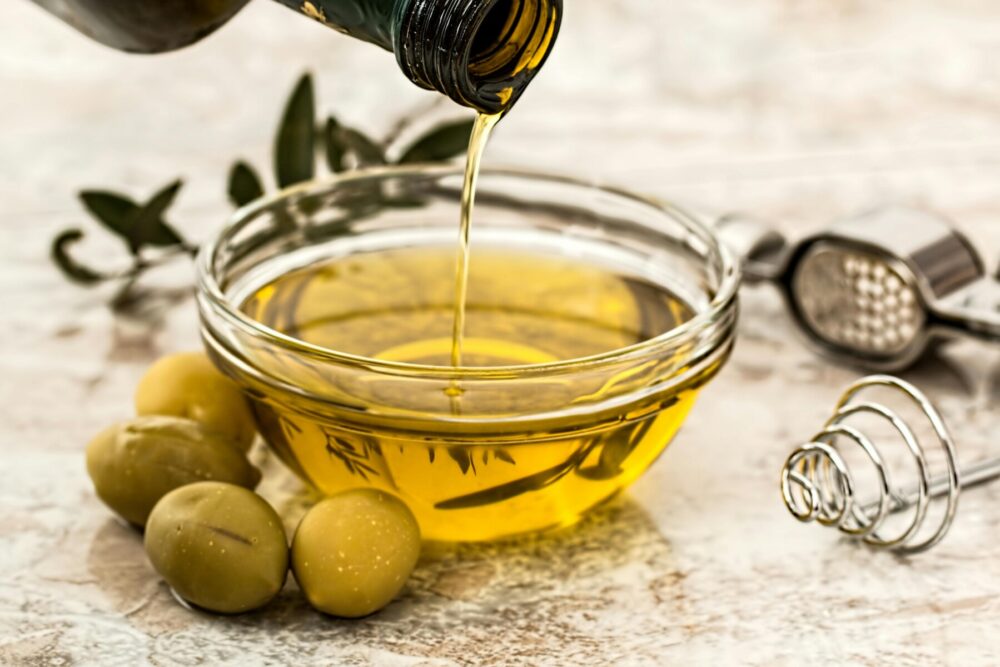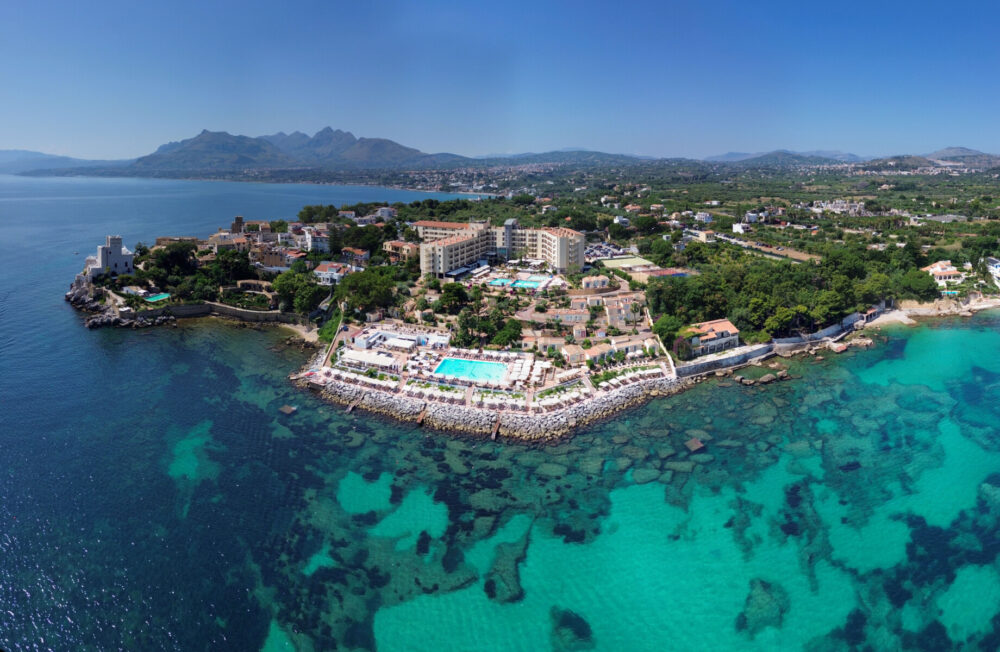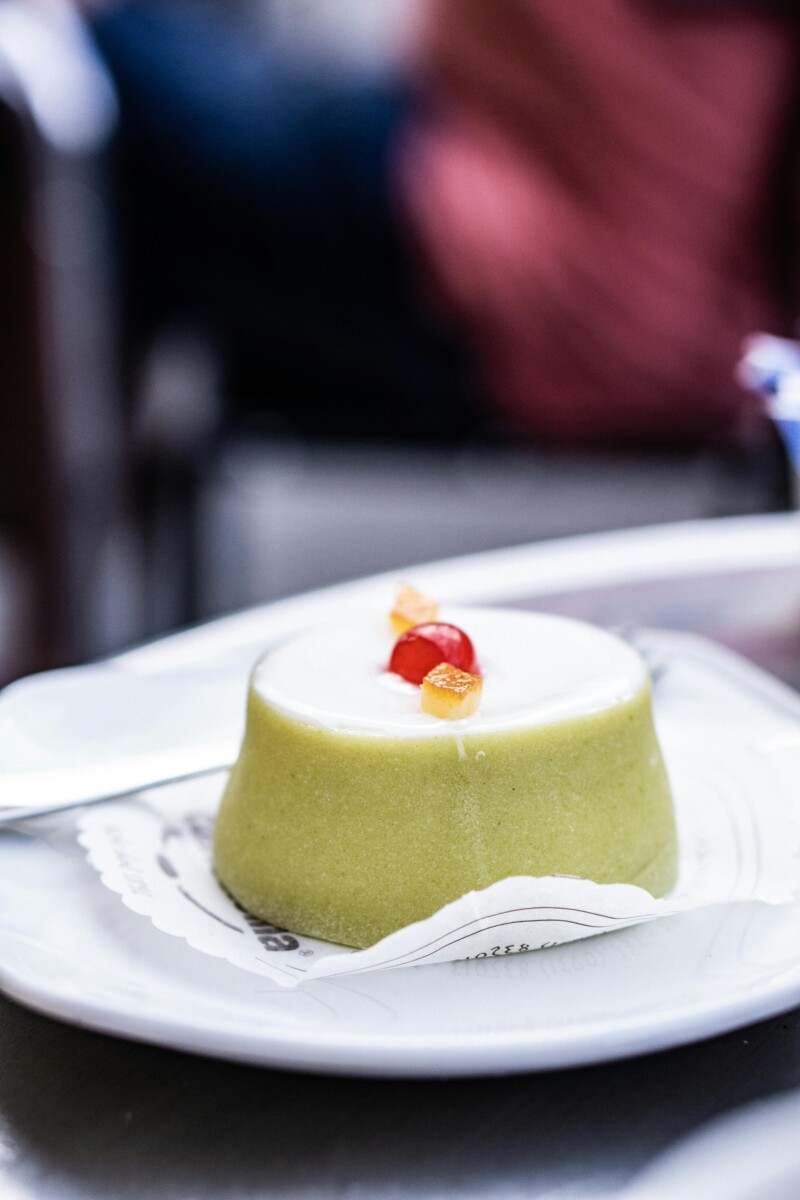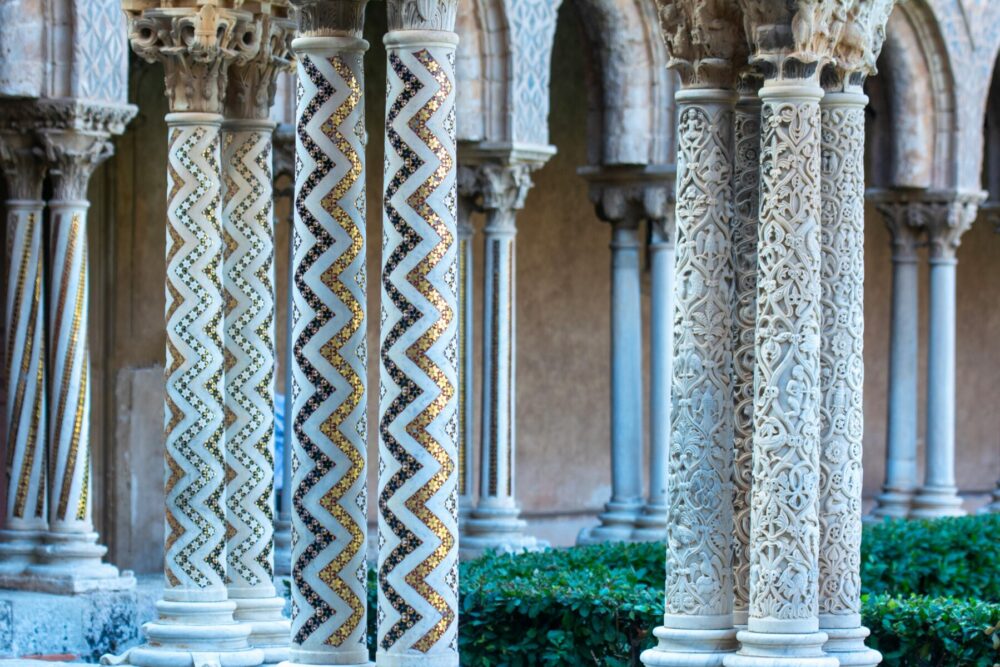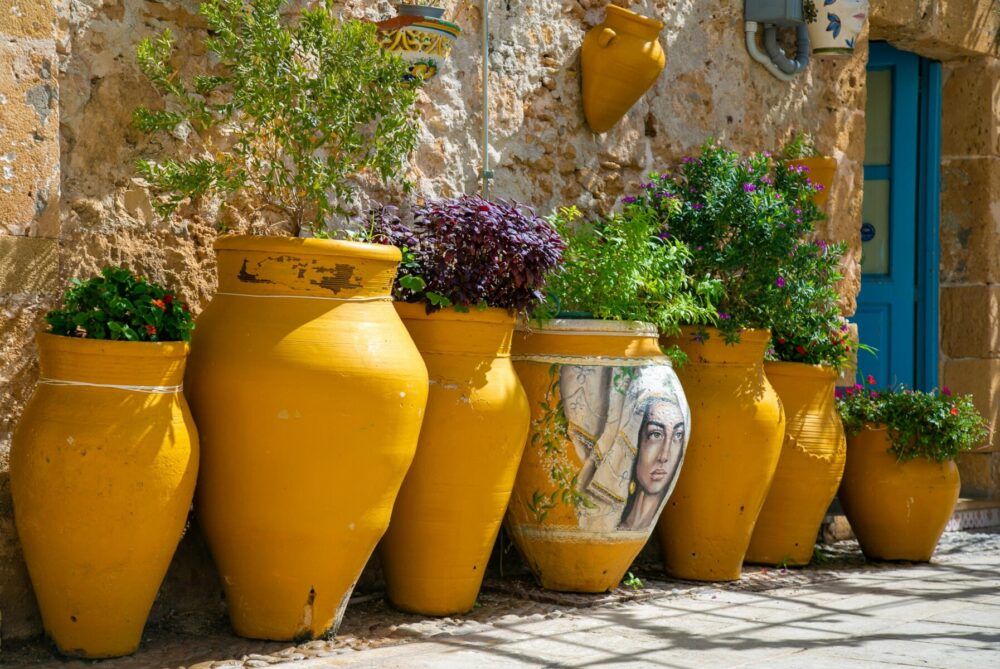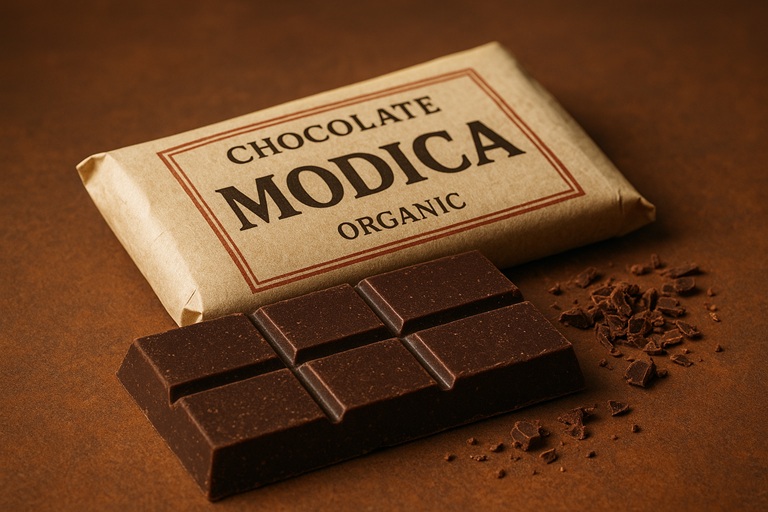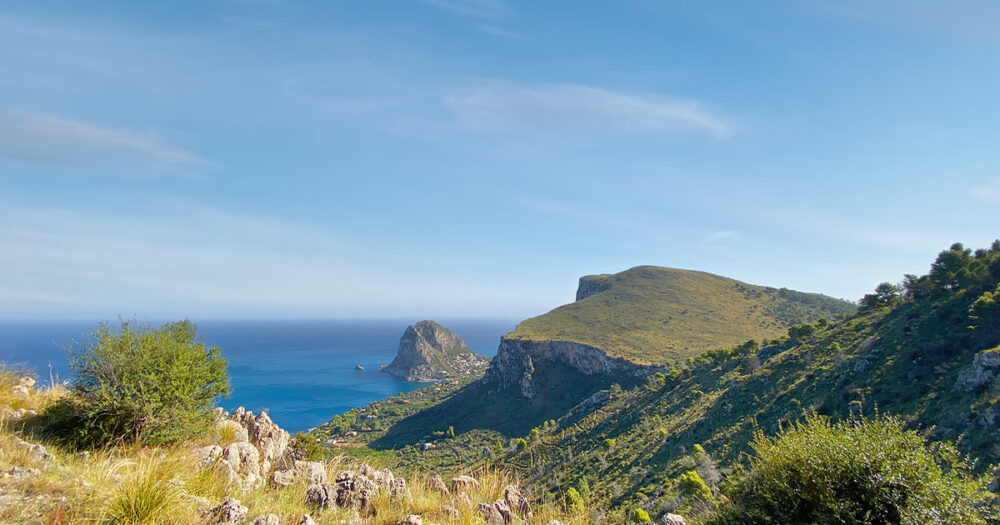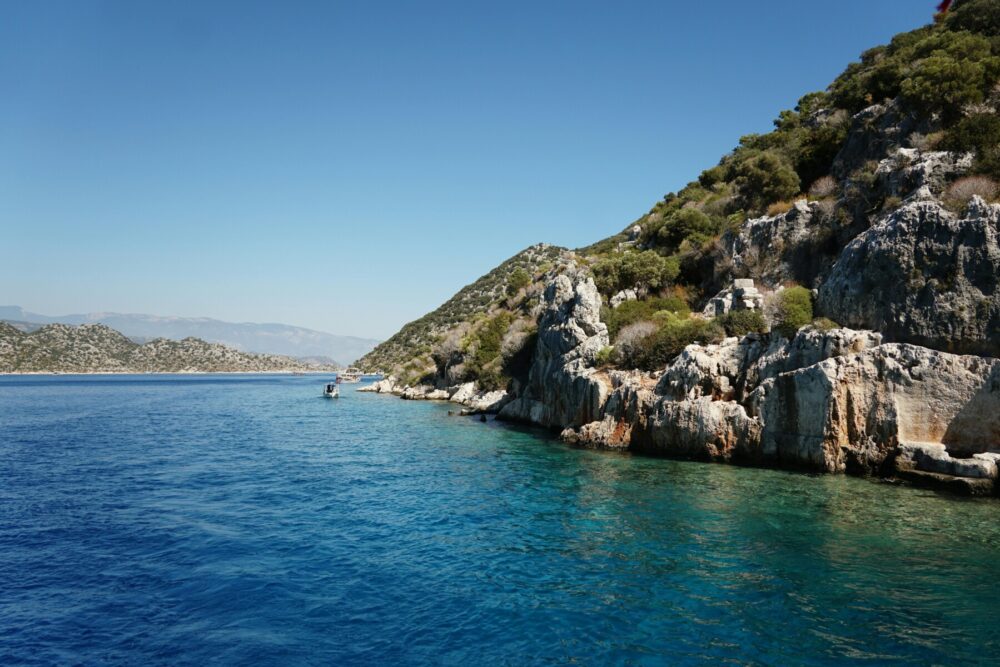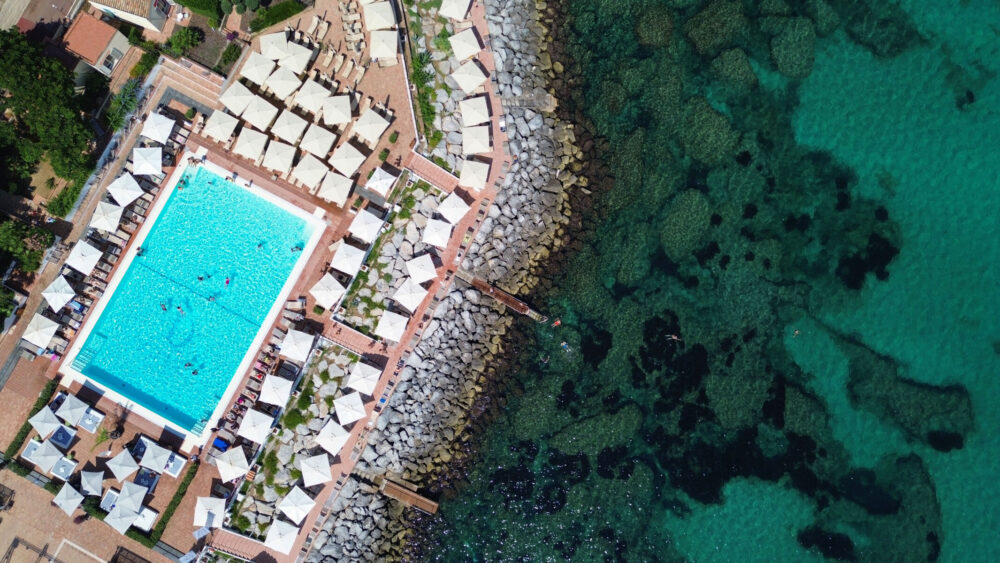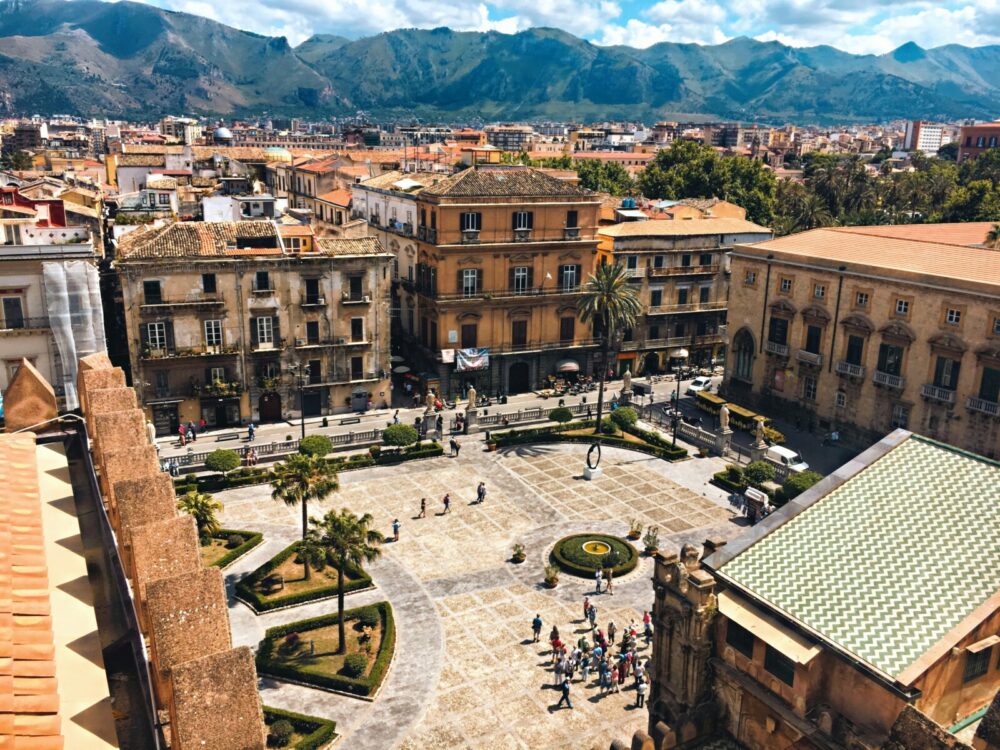Curiosities and Phrases of the Sicilian Language
The Sicilian language, the traditional dialect of the island, is a fascinating mosaic of history, culture, and tradition, reflecting the multiple influences that have crossed Sicily over the centuries. Spoken by over five million people, Sicilian is not just a dialect, but a true language with its own grammar and a rich vocabulary. Its musicality and colorful expressions tell stories of past dominations: from the Greeks to the Normans, from the Arabs to the Spaniards. Discovering the Sicilian language means immersing oneself in a world of oral traditions and sayings that reveal the authentic soul of the island.
Which languages is Sicilian similar to?
Sicilian, while being a standalone language, shows similarities with various Romance languages, thanks to the historical influences that have shaped its evolution. Among the languages that are closest to Sicilian are Catalan and Occitan, which stand out for their lexical and phonetic affinities. During the Aragonese period, Sicily was under the rule of the Crown of Aragon, which led to significant cultural and linguistic exchange with Catalonia. This has left evident traces in the Sicilian vocabulary, which shares numerous terms with Catalan.
Occitan, spoken in the south of France, has influenced Sicilian through the troubadours and Provençal poets who visited the island during the Middle Ages. Standard Italian has also had an impact on Sicilian, especially since the unification of Italy, but Sicilian has maintained its own distinctive identity. Arabic, Greek, and Norman influences further enrich its linguistic heritage, making Sicilian a unique language in the landscape of Romance languages. These influences manifest not only in vocabulary but also in syntax and phonetics, creating a language that is both familiar and surprisingly different. Sicilian is recognized by UNESCO as a mother language, which is why Sicilians are described as bilingual.
What does “ara” mean in Sicilian?
At the heart of Sicilian culture, the word “ara” holds a deep and fascinating meaning that goes far beyond its simple translation. In Sicilian, “ara” means “but go” or as an intensifier of a statement with the meaning of “exactly” or “just so.” The meaning of “ara” changes depending on how it is inserted within a sentence. In some contexts, the word can also mean “again” or “back.”
“Ara” has effectively become a very commonly used word in Sicilian speech, one of those expressions that would be invented if it didn’t already exist. This expression is very reminiscent of the Catalan Spanish “¡Anda ya!” making it clear that there was a close relationship between the two terms in the past, with both phrases, when pronounced, expressing astonishment and disappointment.
What is the difference between “siculo” and “siciliano”?
When talking about Sicily, one encounters the terms “siculo” and “siciliano”. Although they may seem synonymous, they have different nuances that are worth exploring, especially for those who wish to immerse themselves in the local culture. “Siciliano” is the adjective most commonly used to describe everything that belongs to Sicily, from culinary traditions to artistic expressions to its inhabitants. It is an internationally recognized term that embraces the current identity of the island.
On the other hand, “siculo” has older roots and refers to pre-Roman Sicily, evoking images of a distant past when the island was inhabited by the Siculi, one of the indigenous populations. This term is often used in historical or archaeological contexts, providing a direct link to the more remote origins of the region. For travelers who want to visit the island, it is important to understand these distinctions which help with getting a full appreciation of the cultural and historical complexity of Sicily.
What language did the poets of the Sicilian school use?
The Sicilian poetic school, which flourished in the 13th century under the aegis of Frederick II of Swabia, represents a fundamental chapter in the history of Italian literature. The poets of this school, including Giacomo da Lentini and Guido delle Colonne, used a form of Sicilian vernacular enriched by Provençal and Latin influences (the “illustre” Sicilian vernacular). This language, which was innovative for its time, was characterized by a refined syntax and an elaborate vocabulary which allowed for the elegant expression of the amorous and courteous themes typical of medieval French lyric poetry (that of the “troubadours”).
The choice of Sicilian vernacular, instead of Latin, marked an important step towards the democratization of literary culture, making poetry accessible to a wider audience. The use of this language helped lay the foundations for the development of the Italian vernacular, profoundly influencing the subsequent poetic tradition. The Sicilian school, with its distinctive language, not only enriched the literary landscape of the time but also consolidated Sicily’s role as a cultural and linguistic crossroads, a place where the beauty of words found its highest expression.
To fully immerse yourself in Sicilian culture, choose to stay at Domina Zagarella Sicily, where every detail is taken care of to offer an unforgettable stay. Located in Santa Flavia, along the beautiful Sicilian coast, this resort offers not only breathtaking views of the sea but also a unique cultural immersion thanks to its proximity to picturesque villages where Sicilian dialects still resonate in the streets, telling stories of a past that is still alive.
Every stay at Domina Zagarella Sicily is also a journey through the flavors and aromas of Sicilian tradition, with restaurants offering dishes prepared with fresh and genuine local ingredients.
Choosing to stay at this resort means turning every moment into a precious memory. Book your vacation now and discover the true meaning of Sicilian luxury and authenticity.
